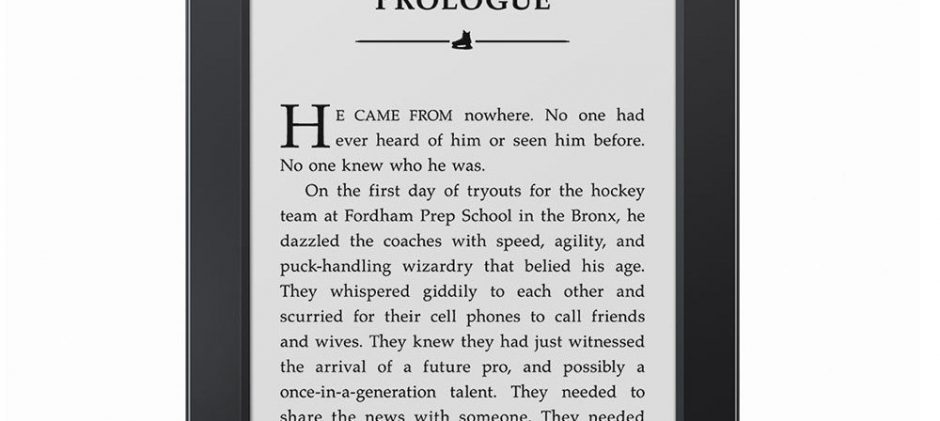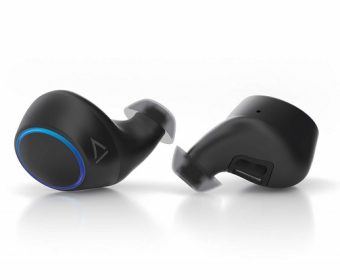- Homepage
- Technology
- Stanford Scholars Observe How Fact Checkers Evaluate the Credibility of Information Online
Stanford Scholars Observe How Fact Checkers Evaluate the Credibility of Information Online

A report, recently published by the “Stanford History Education Group”, comes up with the observation that Fact Checkers tend to learn more, though reading less and it can surpass the expertise of the college students as well as historians. How the experts assess the credibility and the authenticity of information online? Though it may not sound as skillful as you are likely to guess, the most expert users employ a tactic that the laymen will tend to overlook.
The expert’s opinion on Fact Checker
The Fact Checkers are getting rated as the more efficient and dynamic, compared with the students and historians, who use get deceived very easily by the unreliable sources. In the opinion of the experts, historians use to sleuth for earning their livelihood. Evaluation of the sources is highly crucial in aiding their professional practices. The students in contemporary times are having better exposure to the digital world, compared with their erstwhile counterparts.
The aforesaid report identifies the approach of scrutinizing online that this mechanism can do consistently, unlike the students or the historians. Fact Checkers feature the capacity to read laterally that implies that this mechanism can scan a web page faster. However, it opens up a series of added tabs of browsers that seeks perspectives and context of other websites.
Coming to the point of evaluating the authenticity of information, available online, a skeptical approach can prove to be more effective that the conventional approaches in conducting the research. The most intelligent people were getting bamboozled by the ruses, being the integral component of digital deception toolkit.
Shifting the target on the profile of the users- from the typical users to the Fact Checkers
As the report reveals, students in the middle school levels are getting duped by online information, easily. The scholars administered a testing, targeted on age-specific targets, and representing, diversified background on demographic and economic aspects.
The report tried to explore the tactic employed by the expert users, rather than focusing on the laymen. The research team selected the participants in a manner that they would hold the skill to evaluate information that contradicts the random sample. The research team purposely reached out to expert users and they assumed that all these categories of users will be proficient.
The entire project featured the participation of 10 Fact Checkers and 10 historian as well as 25 students, participating in the project. Each participant was deployed for conducting a plethora of online search, while the members of the research team got into observing and recording the activities, endeavored by the participants.
The tactics to read laterally as employed by Fact Checkers closely resemble the concept of taking bearings, a fundamental that is related to navigation. Coming to the perspective of searching online, it involves approaches targeted on the unfamiliar aspects as well as exploring for sensing a direction. The Fact Checkers feature the capacity to comprehend the web domain as a maze that comes with blind alleys and trap doors and featuring an impression that can be deceptive.



